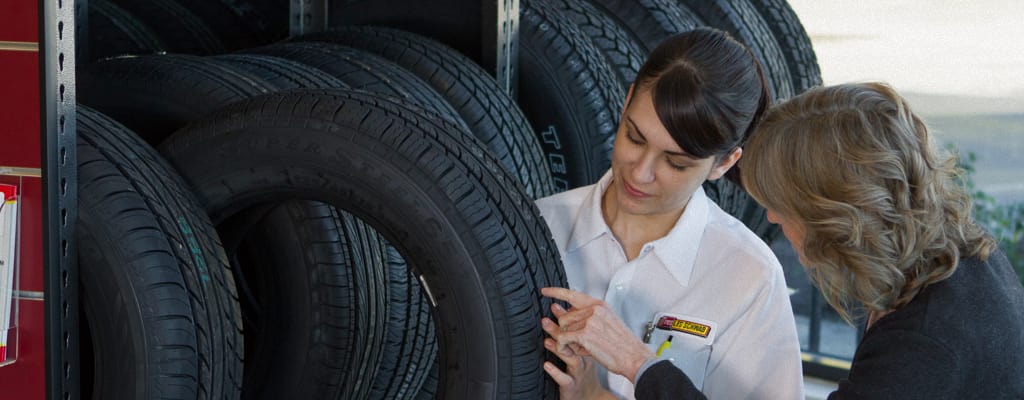
Answers to Frequently Asked Questions
Find quick answers to your questions about store hours, tire products, vehicle services, pricing, warranties, and more on our Les Schwab General FAQ page.
Read moreTop Resources
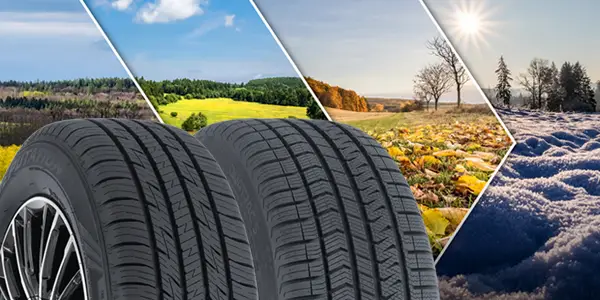
When to Choose All-Season or All-Weather Tires
Learn when to choose all-season or all-weather tires. Understand performance, climate suitability, and driving needs to make the best choice for your vehicle.
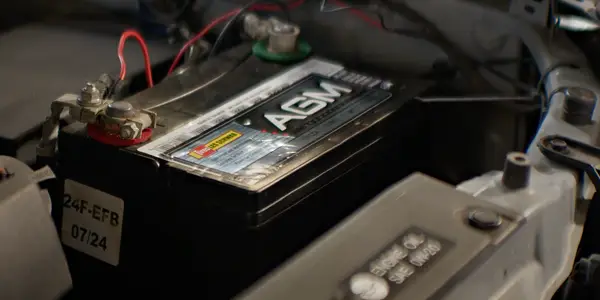
How Your Auto Battery Works & Seasonal Tips to Extend Its Life
Learn how your car battery works and how to extend its life. From cold cranking amps to summer heat damage and winter charging tips, here's what to know.

8 Signs You Could Have Brake Problems
The brakes on your vehicle are one of your most important safety features. Here are 8 signs to watch for and how to resolve brake problems.
Articles by topic
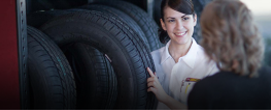
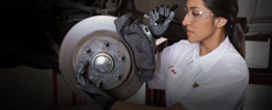
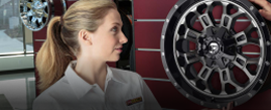
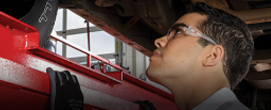
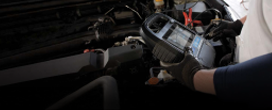
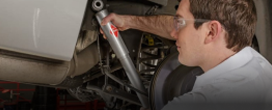
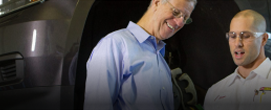
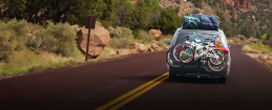

Your cart has been updated to reflect the products and services at this store

